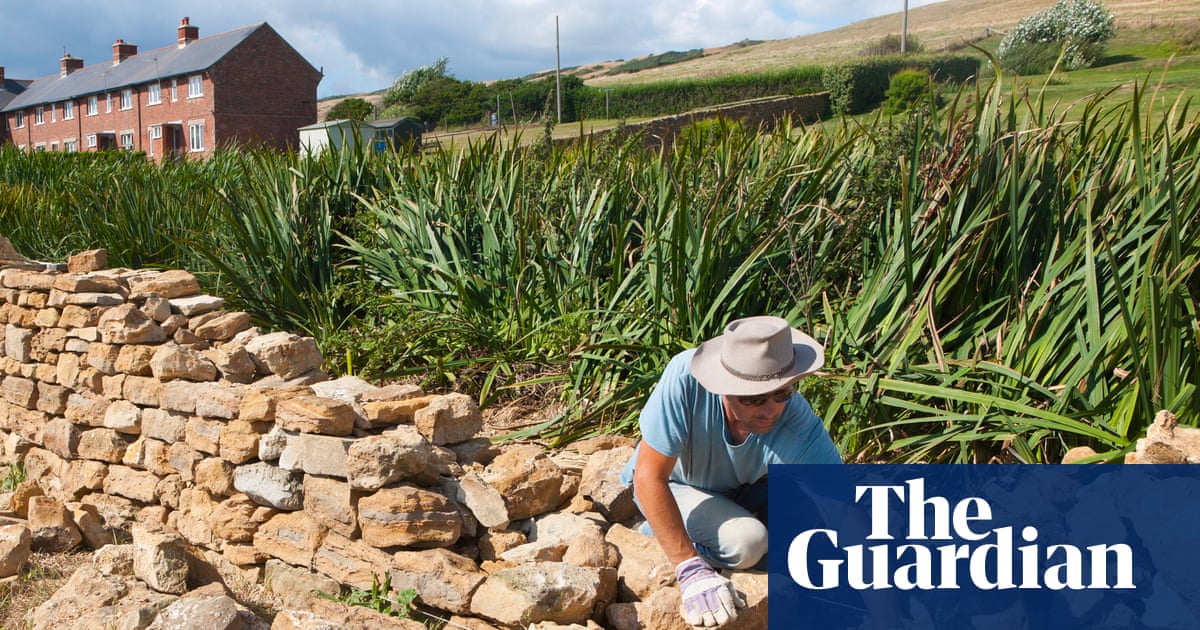
"Mostly they stick close to home, in the West Yorkshire village where they have farmed, and walled, for centuries. Building a dry-stone wall requires an extraordinary kind of embodied knowledge, the sort that knows instinctively how to use gravity, friction and exactly the right-shaped rock to build a structure that allows moorland gales to whistle through and remain standing. Done right, a dry-stone wall will last 200 years, compared with a post-and-wire fence which needs replacing after 20."
"Not exactly, says Fox, for the simple reason that it is uneconomical: even with government subsidy, a waller typically gets less than 85 a metre, working in conditions that only allow for a few metres a day. However, there is a lucrative demand from the owners of private landscaped gardens and tourist attractions. The Nobles recently flew to Japan to build a wall in Cotswold stone for a complex in Gifu."
Britain once contained numerous specialised trades with names such as bodgers, badgers, ballers and snobs. Two hundred and eighty-five crafts remain practised in Britain, with more than half endangered and seventy-two on a critical list. The Nobles are a pre-eminent stone-walling family based in a West Yorkshire village where they have farmed and walled for centuries. Dry-stone walling demands embodied knowledge of gravity, friction and stone shape, producing walls that can last two hundred years compared with post-and-wire fences needing replacement after twenty. Walling is uneconomical despite subsidies, yet private gardens and attractions sometimes provide lucrative work, including commissions abroad.
Read at www.theguardian.com
Unable to calculate read time
Collection
[
|
...
]